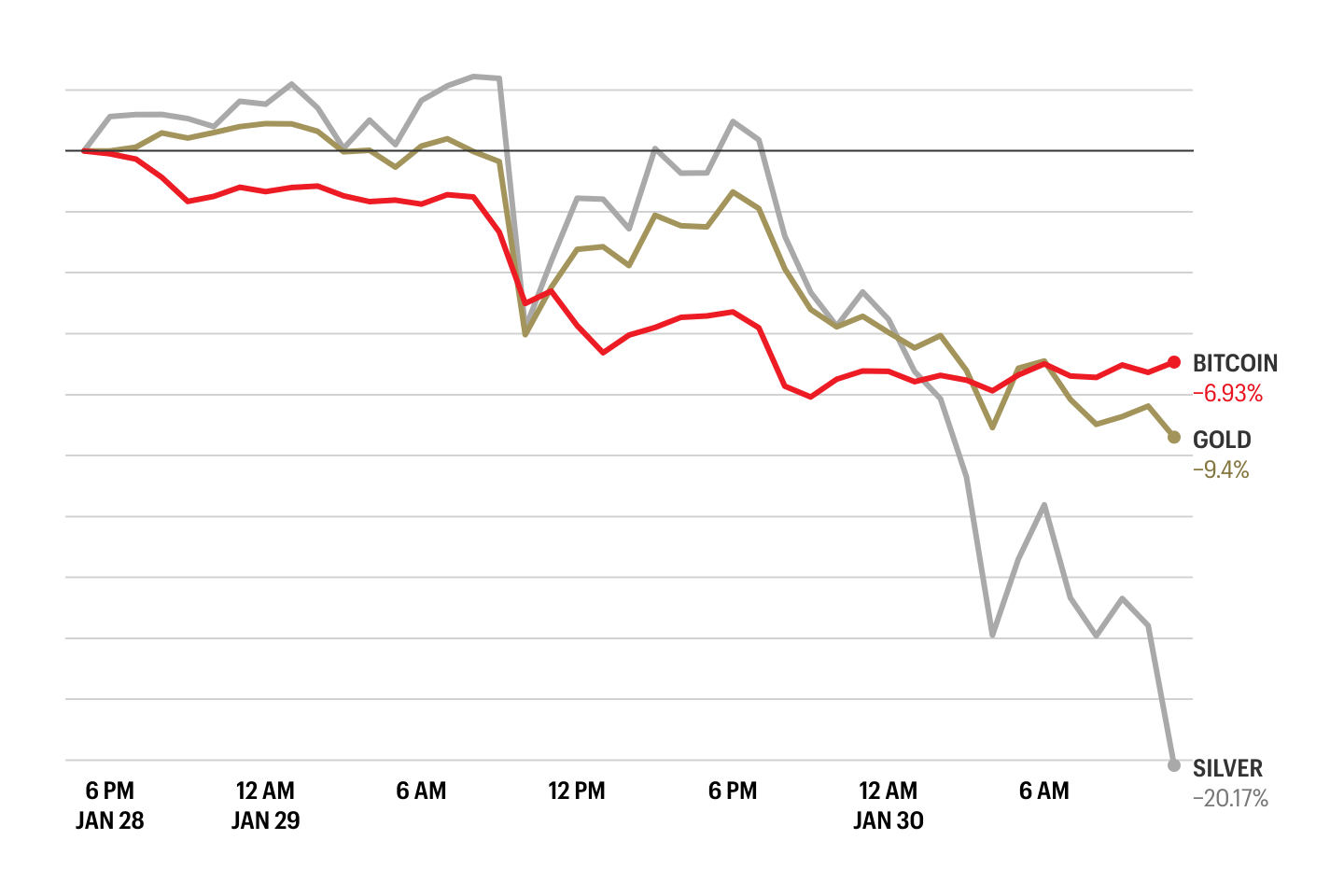FORTUNE — The massive $130 billion Verizon/Vodafone deal is a boon for Wall Street, reportedly netting some $600 million in fees for the legions of bankers, attorneys, and accountants who worked (and continue to work) tirelessly to make the deal a reality. But instead of celebrating, there appears to be grave concern on the Street as to whether or not they will ever see a dime of the money they have been promised.
That’s because the market is worried that Vodafone may end up backing out of the megadeal if it is forced to pay high taxes on its capital gains. This appears to explain why Vodafone’s stock fell by as much as 5% on Tuesday, despite the U.K. Wireless provider making off like a bandit in the deal. But it looks like investors and bankers may be worrying too much. A little known (or understood) provision in the U.K. Tax code could actually end up shielding Vodafone from paying any tax at all.
Verizon’s buyout of Vodafone’s 45% stake in the telecommunication conglomerate’s wireless division had been discussed in some form or another for over a decade. Verizon’s predecessor, Airtouch Communications, was acquired by Vodafone in 1999 as a way for the U.K. Phonemaker to grab a piece of the budding U.S. Wireless market. Fierce competition in the space later forced Airtouch to merge with rival Bell Atlantic, creating what we know today as Verizon Wireless in 2002. Vodafone was given a 45% stake in the new company but was stripped of operational control, which would lie fully with the parent company, Verizon Communications (VZ).
But as soon as the marriage creating Verizon Wireless was complete, Verizon’s parent, which included landline assets, and its bankers were back at work planning ways to get rid of its new U.K. Partner. For some reason it really irked Verizon’s bosses that it did not own its new wireless division outright, even though it had total operational control of it. It may have been the fact that it had to pay a multi-billion check each year to Vodafone. If it was going to do 100% of the work, it wanted 100% of the profits.
MORE: Thanks Verizon! M&A activity finally on the rise
So this new deal can be looked at as a long divorce, and as many on Wall Street know, divorce can be a complicated and very costly process. Yet for the bankers who worked the deal, this is one divorce that stands to earn them millions. There is cash to be made advising the two parties as well as from underwriting the billions in debt that Verizon plans on taking on as part of its final adieu to its U.K. Partner.
Vodafone (VOD) held out, and it (and its bankers) have been richly rewarded for their patience. Its yearly dividend check from Verizon Wireless netted the firm billions throughout the last decade without having to lift a finger. Combined with these payments, the final $130 billion price tag represents an impressive return on the firm’s original investment of $61 billion.
Usually when deals and divorces on Wall Street are announced to the public, they have been stress-tested and researched to death so as to avoid an embarrassing collapse of some sort down the road. No banker wants to work hundreds of hours on a deal that has little to no chance of closing. But despite the best of intentions, deals do fail and bankers lose their commissions.
To avoid a breakup after a deal is announced, the buyer usually promises to pay a breakup fee to the seller if they for some reason fail to close on the transaction within some designated time period. In this case Vodafone stands to take home $10 billion if Verizon backs out of the deal for some reason — the largest such breakup fee in history.
But the market is concerned that Vodafone, not Verizon, may try to back out on the deal. At issue is the amount of tax Vodafone will have to pay to the U.K. And U.S. Governments on the capital gains of the sale. Vodafone confirmed on Tuesday that it would pay $5 billion to the U.S. Government but didn’t say how much it would pay the U.K. The question is — will it even have to pay the U.K.?
MORE: Banks win another reprieve from post-crisis regs
Indeed, the U.K. Financial Act of 2002 stipulates that corporations selling off subsidiaries don’t have to pay any tax on the sale — zero. As such, Vodafone is saving as much as $15 billion on the sale.
Vodafone doesn’t seem too concerned about the matter, but the markets fear that it is taking this situation too lightly and that somehow the U.K. Government will find some way to grab the cash. But that is silly. The law is pretty clear here, and it looks as if the deal fits all the tests necessary for a tax-free deal.
So the big bankers on the deal should relax. Their payday seems secured. As for the markets — the only worry they should have is what Vodafone and Verizon plan to do after the deal is done. That seems to be a far greater worry than some little tax bill.











